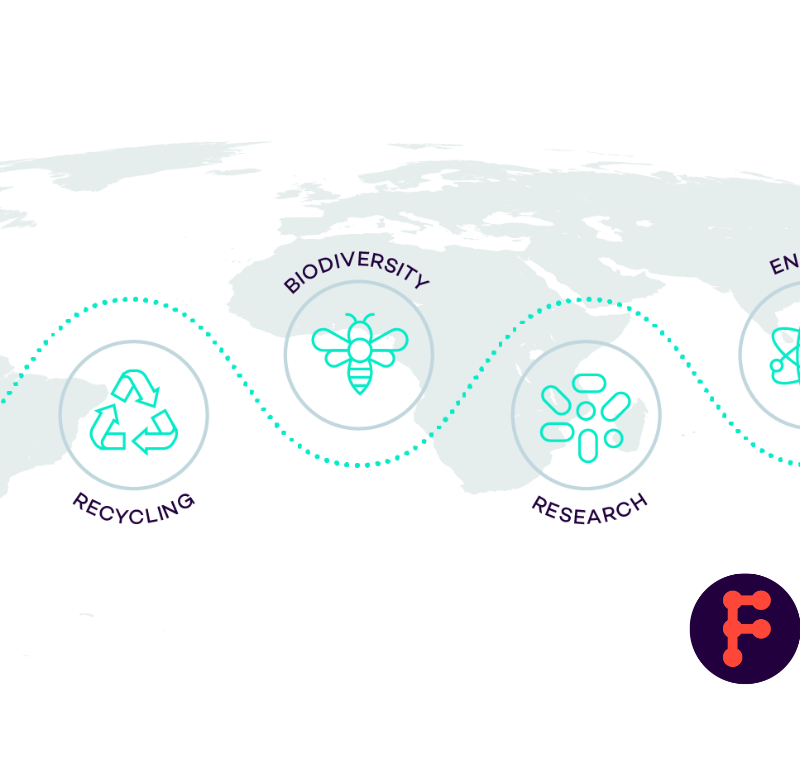[Congress speaker Q&A] License to thrill
Tell us a bit about your backgrounds…
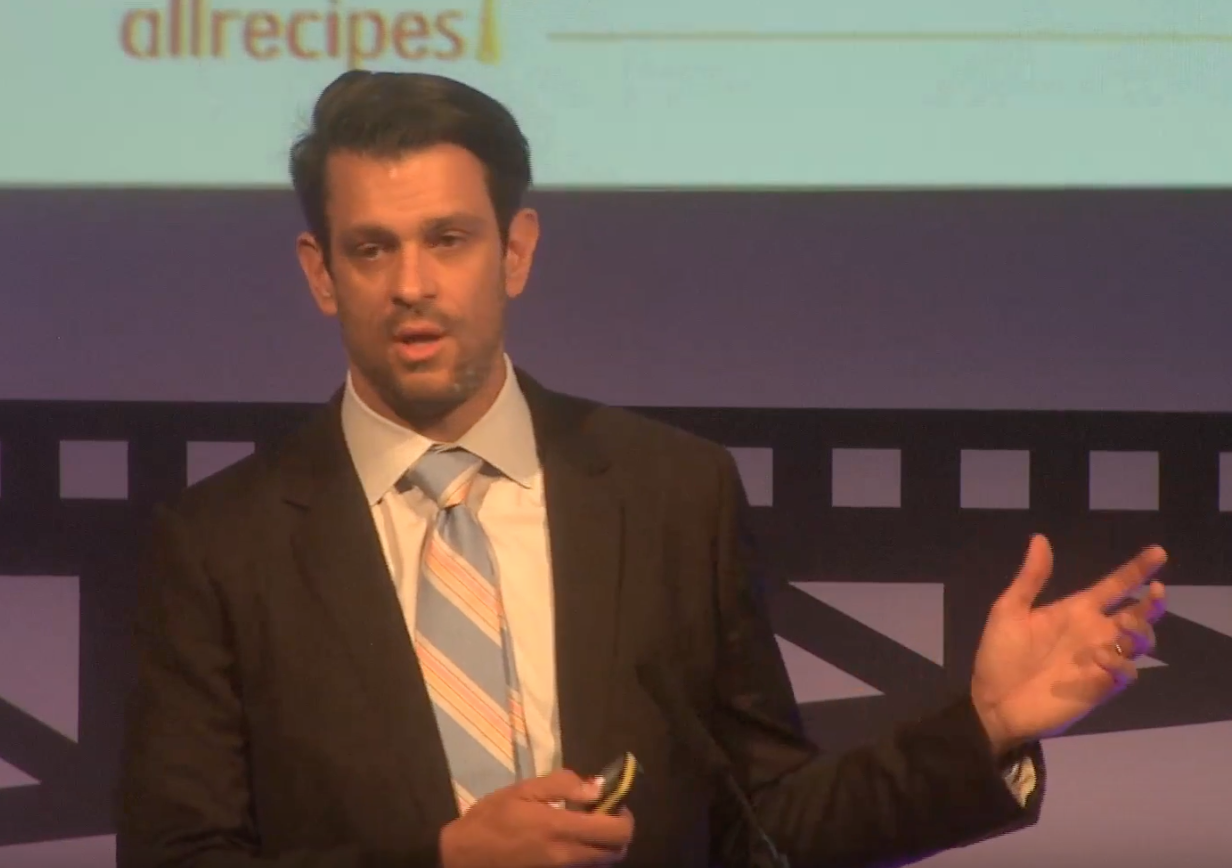 |
Mike Lovell, investor relations director, Meredith |
Mike Lovell: I started my professional life as a journalist and I was always drawn to financial journalism. I spent my cutting-teeth years at Bloomberg in the New York City area, and found myself as a trailing spouse to Des Moines, Iowa. With that move, I realised I had an opportunity to do business as opposed to just writing about it. So I went back to school for an MBA and got a job at Meredith, which is based in Des Moines. It was kind of a soft landing for a former journalist because the product at Meredith is journalism.
My first career at Meredith was focused on business development, and we started a brand licensing business based on a longstanding licensing relationship Meredith had for its Better Homes and Gardens brand in Australia. We looked at what Time Inc. had built, and we looked at what Condé Nast and Hearst had built globally, and we thought that our brands ought to have the same opportunity. And so I took over running that business – probably a little bit longer than 10 years ago – and we’ve been growing it over time. Today some of our more successful brands internationally include AllRecipes, Shape, Martha Stewart and Parents.
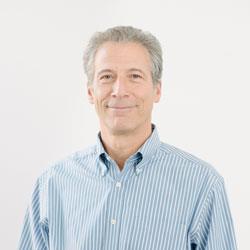 |
Larry Sommers, vice president of Meredith Content Licensing |
Larry Sommers: I’ve been in the publishing business for quite a while too. I started in writing, moved to product management and spent many years in advertising. I previously served as publisher of National Gardening magazine, one of the largest gardening magazines in the US at the time and later served as publisher and rep for a variety of outdoor and travel titles and co-founded Skier and Outdoor regional magazines. I was a digital pioneer working on some of the first home and garden “forums” on CompuServe in the ’90s and joined the “content leads to commerce” movement working on several direct mail conversions strategies to ecommerce.
More recently, I was general manager and director of business development for EatingWell Media Group for five years prior to our acquisition by Meredith in 2011.
***Larry will speak at the 41st FIPP World Congress about how Meredith builds new revenue streams with content licensing. The Congress takes place from 9-11 October in London. Book your place now.***
How have you transformed the revenue stream for EatingWell – and how does this relate to your content-licensing approach for the Meredith brands overall?
ML: If you go back to 2009 and 2010, and you think about the impact that the recession had on Meredith’s business, the effect on advertising was pretty dramatic – as it was for every other traditional media company. What was interesting though was that over time we realised that the consumer revenue line item was really unchanged and we still had the same demand for subscriptions and for our brands from the consumer. When we realised that was a solid revenue line, we started to build more initiatives around selling more products to consumers. Brand licensing was the very first of those iterations beyond selling traditional magazines. Probably the best-known programme that Meredith has in brand licensing is a line of Better Homes and Gardens branded products at Walmart. There are about 3,000 different SKU items and it’s home décor-type stuff – sheets and towels and tableware and home decoration things. There are about 5,000 Walmart stores across the US, and Walmart is also selling the products online. It’s a really nice programme, and brand licensing overall carries very high margins for Meredith.
And it’s a good segue into Larry’s business at EatingWell, because I was on the corporate side of that acquisition and there were a couple of things that were really attractive about the brand to Meredith. Number one, food is the most important content protocol for Meredith, and EatingWell represented an aspect of food that has become quite a big trend – organic and natural food and people wanting to eat healthier. And number two, it had a pretty meaningful proportion of its revenues coming from non-advertising sources, namely licensing of its branded content.
LS: As in many business ventures, timing is key. EatingWell was leading the healthy eating revolution as the vertical was heating up. From the rapid growth of Wholefoods market to almost daily media attention on the relationship between diet and health and wellness, we were positioned to ride the market trends from fringe to mainstream. Food is a big vertical and we set out to own the healthy eating segment – truly a vertical within a vertical. Another key to our success was practicing the “COPE” model – create once, publish everywhere – to diversify revenue sources. We didn’t refer to ourselves as a magazine – but rather as a content engine that supplied multiple channels of distribution, not just a print magazine. Digital advertising and content licensing revenues combined to surpass print revenues and powered the single-title, privately held company to profitability. We chose to work with larger, well established media partners for distribution and sales so we could focus on content and audience development.
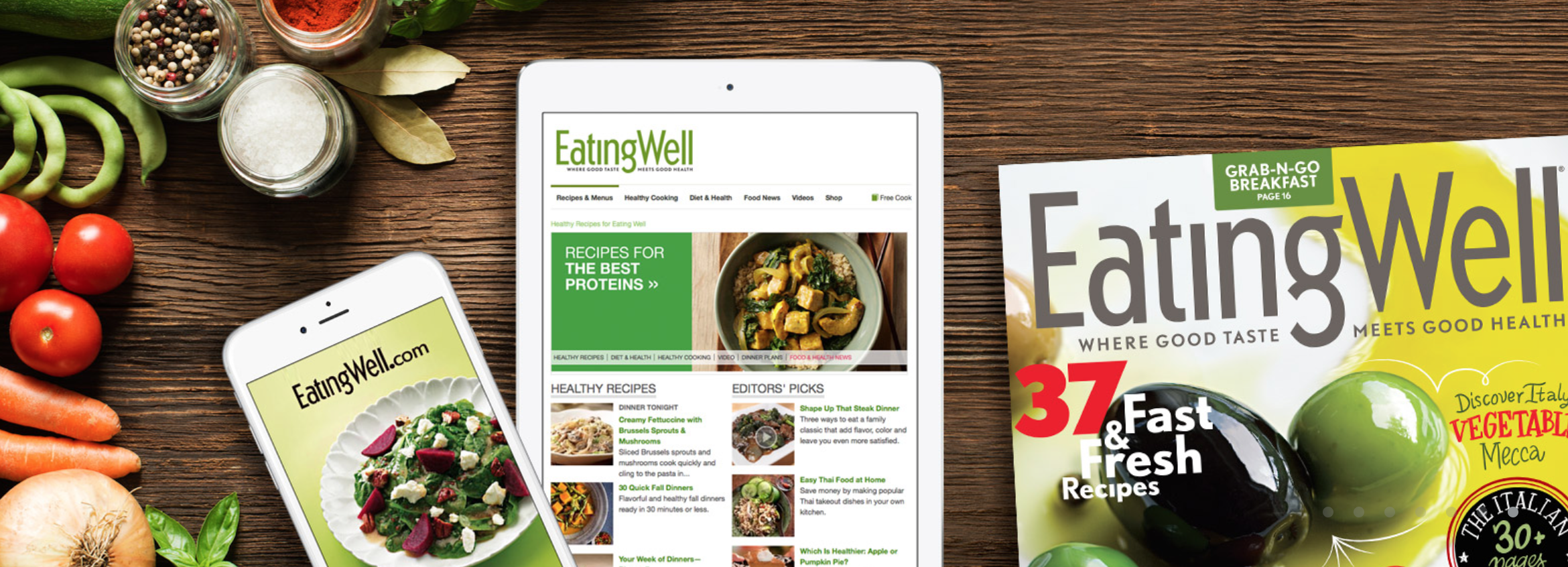
You refer to content licensing as a service platform. Tell me more about that and what it means for your approach…
LS: To leverage Meredith’s extensive intellectual property assets for licensing, we first had to develop a system to access, curate, and deliver rights-cleared clear content to third parties. We created a proprietary application, the Licensing Delivery System (LDS) to ingest content across multiple internal brands and scale delivery output with best practices for external licensing partners. About 12 months ago we developed a new software as a service product for recipe search we call, Recipe as a Service or RaaS. It really struck a chord in the market because it meant clients didn’t have to build or service this specialised editorial function and our tech team could update and efficiently manage instances across multiple clients. We are now extending the RaaS model to offer additional content types and experiences such as article libraries, video, health challenges and wellness campaigns – this new service is called Content Licensing as a Service (CLaaS). Now our business has two delivery options for clients; raw content asset delivery (API and XML) via the LDS and turnkey content experiences via CLaaS.
You’ve clearly put a lot of time and effort into adapting your model and going where the opportunity is. In this ever-more competitive industry, how essential is it for all publishers to think that way?
LS: Well, for me, in my little corner of the world, somebody else is going to eat my lunch unless I do – technology plays such a critical role in the elevation of content experiences. There are all these great start-ups investing money just to create wonderful apps but they most often lack high quality engaging content. And then there’s publishers and content creators that don’t have good user experience. So what we’re trying to do at Meredith is effectively marry those two.
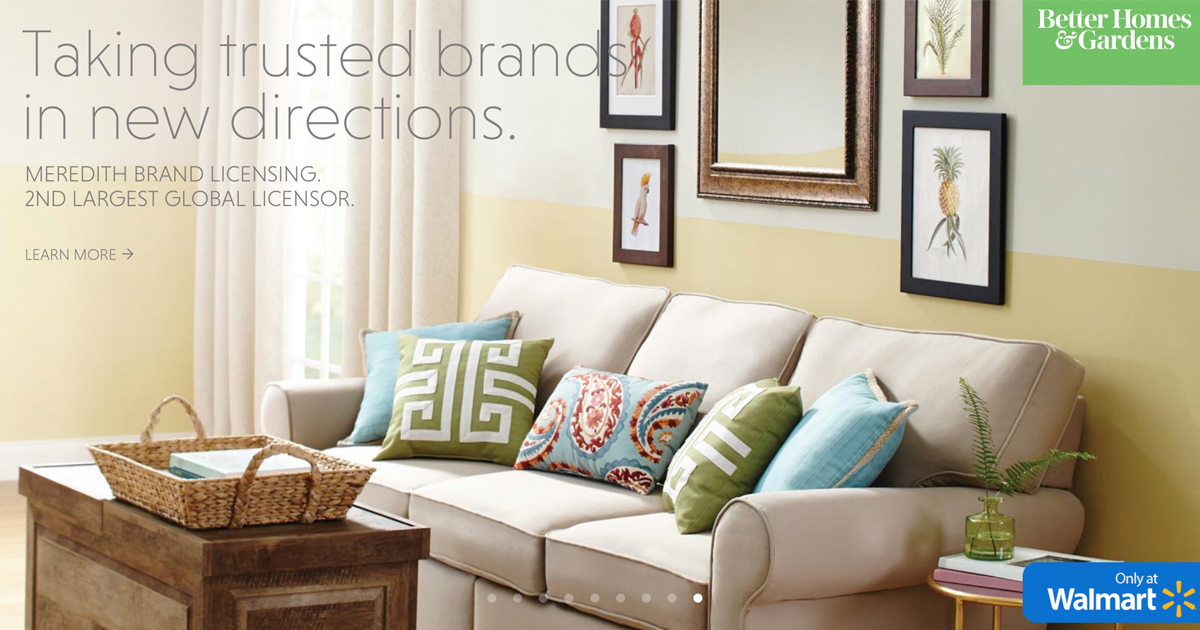
What specific trends are you focused on in the wider digital advertising market right now?
ML: One is obviously that programmatic advertising continues to grow and to assert itself. Within that sphere I think companies that have strong brands and have a strong connection with their user base can enjoy ad rates that are much higher than some companies that don’t have that. And then the other piece to it is of course direct sales and having the full suite of ad products and consumer products that really works today.
Digital advertising for Meredith as a whole is a little north of 30 per cent of the total advertising and it’s growing at a rate that is offsetting declines in print. We’re right at that inflection point now. For the last three quarters we’ve reached it and have been able to post positive advertising growth that’s driven by digital.
So where does the business go from here?
LS: Well, Mike mentioned connecting with the consumer — and that’s precisely what licensing content from our trusted brands like Better Homes and Gardens, Parents, Shape or EatingWell enables our marketing partners to accomplish. Meredith’s editors, advisors and designers are print and digital engagement experts in lifestyle pillars of home, health, family and food. Meredith Content Licensing helps content marketing partners create positive and lasting relationships with their customers. Our growth strategy is keenly focused on the health and wellness sector where we have developed innovative patient adherence, education, and retention programs based on Meredith-branded content for the pharmaceutical, payer, provider and wellness segments.
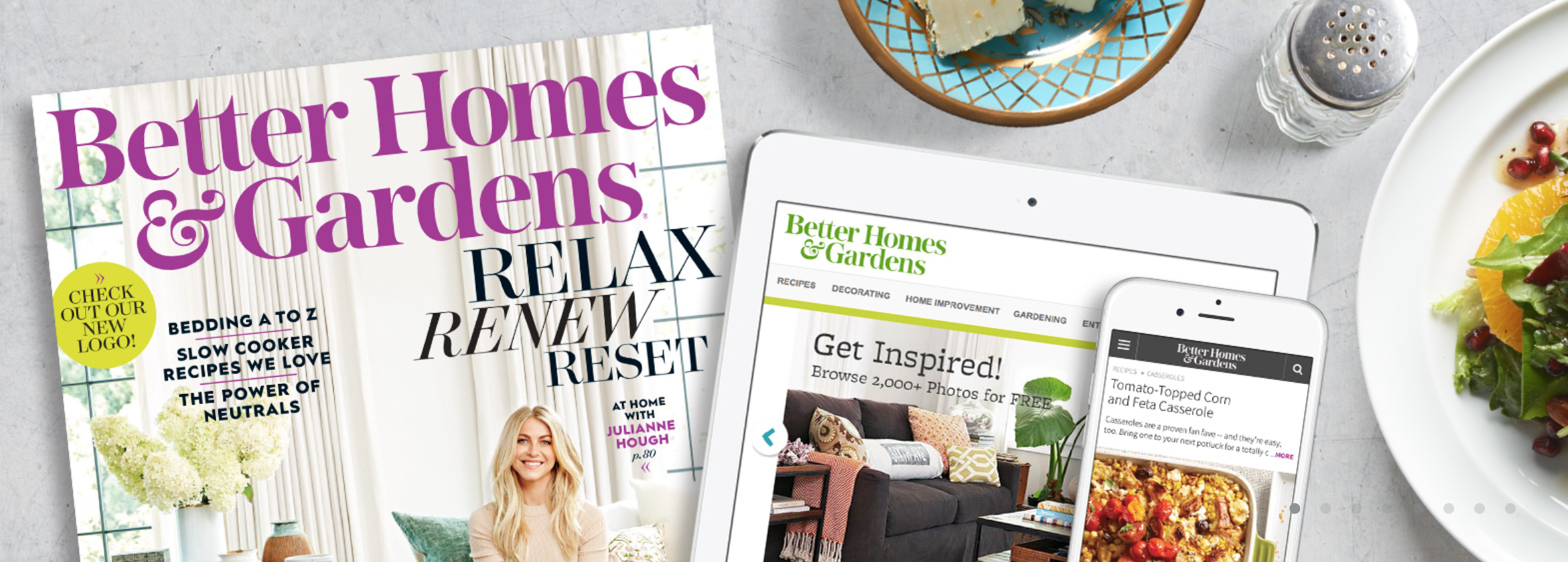
ML: There’s one other point I would add, which probably isn’t visible to you outside the company, but I think it’s indicative of how important the EatingWell type of model is to Meredith. The person who formerly ran EatingWell at Meredith is now in charge of all of the consumer revenue generation at Meredith, including circulation. In addition to circulation, there are maybe two or three other more incubated business efforts right now to grow the amount of revenue Meredith receives from the individual consumer. One of these is ecommerce and the affiliate marketing model. For example, magazine companies are great at inspiring the consumer to redecorate their room or serve a certain meal for dinner. We’ve got a great deal of digital traffic to our brands, and we’re pushing this traffic to our retail partners, who are selling products, and Meredith is making commissions when we’re successful.
***Larry Sommers will speak at the 41st FIPP World Congress about how Meredith builds new revenue streams with content licensing. The Congress takes place from 9-11 October in London. Book your place now***
More like this
[Congress speaker Q&A] Prisma Media transformation chief: ‘Nothing will ever be the same again’
Julia Jaekel, James Tye, Erin Doherty, Mark Frith added as Congress speakers
10 questions for James Hewes, incoming FIPP president and CEO
[Congress speaker Q&A] Still plenty of opportunity in digital advertising – Flipboard exec
[Congress speaker Q&A] How Ebner Media targets special interest audiences with effective advertising
[Congress speaker Q&A] How a Canadian publisher turned ‘the traditional ad model on its head’

